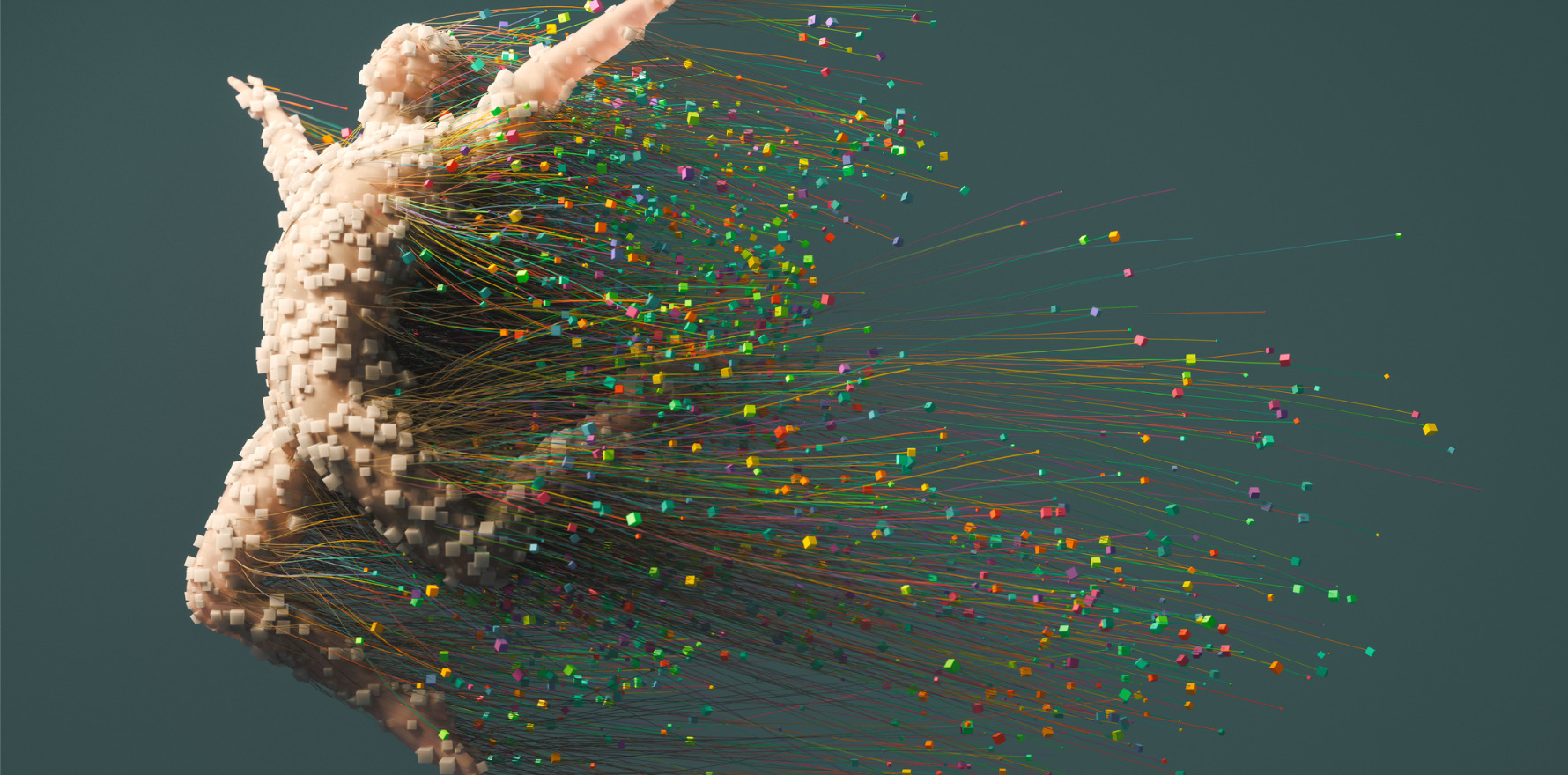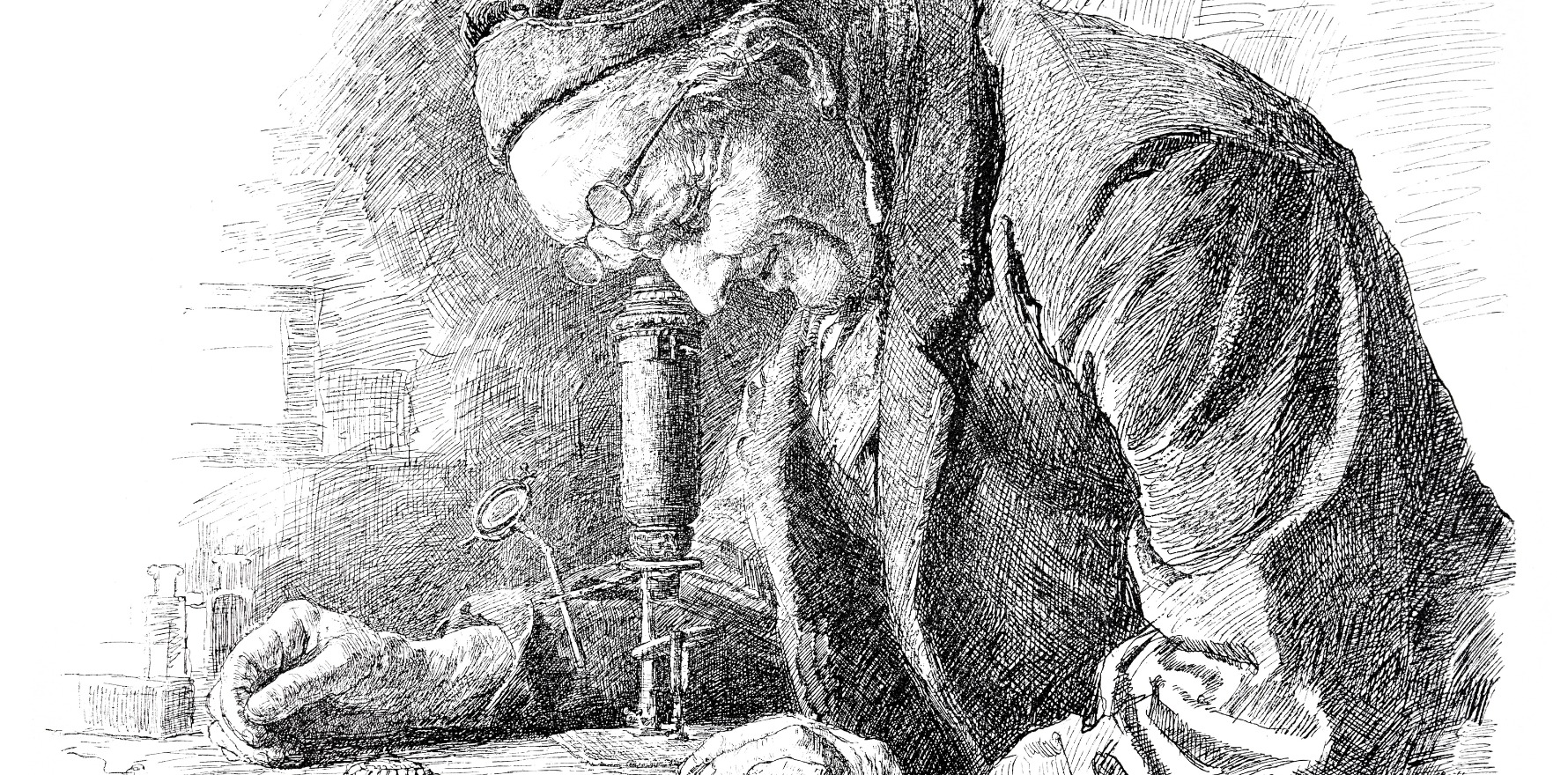The Distinguished Service Medal was among a raft of awards handed out at this year’s ASM.
Two of Australia’s leading rheumatologists – whose dedication have helped shaped the nation’s rheumatology landscape – have been named as this year’s recipients of the 2025 ARA Distinguished Service Medal.
Paediatric rheumatologist Dr Roger Allen and Melbourne-based rheumatologist Professor Stephen Hall were recognised for their achievements at the medal presentation, a highlight of the ARA’s annual scientific meeting, held in Adelaide earlier this month.
The medal is awarded to ARA Members who have demonstrated exceptional service and dedication to the field of rheumatology in Australia.
Dr Allen retired in 2019 after 35 years in the field, including training in Vancouver and London. As one of the country’s first formally trained paediatric rheumatologist, he paved the foundations for an entire speciality and is regarded as a true pioneer of paediatric rheumatology in Australia.
A highlight of his career included spearheading the development of the rheumatology unit at the Royal Children’s Hospital (RCH) in Melbourne from a single clinic service to a now leading centre for training and care.
He has guided more than half of the recently trained paediatric rheumatologists under the RCH program and his leadership has influenced national policy, models of care and training programs.
Dr Allen told Rheumatology Republic that \he never intended to carve out a career in rheumatology.
“I was just looking for something different to do, in a department we didn’t have at the Children’s (RCH), but I went with the intention of only doing a year of it and then going back to be a general paediatrician with a bit of an interest,” Dr Allen said.
“But unfortunately, I fell under the spell of the professor there who was fantastic, and 35 years later, that’s what I was still doing.
Related
“I spent two years in Vancouver, and then just under two years in London with [the late paediatric rheumatologist] Barbara Ansel, who was regarded as the goddess of paediatric rheumatology.”
He has watched the paediatric rheumatology workforce grow in Australia over the decades and seen countless treatment breakthroughs that have saved and changed lives for the better.
Dr Allen is quick to respond when asked to describe the two most rewarding aspects of his career.
“The therapies available now have totally revolutionised the outcomes,” he told RR.
“When I started, a large number of the children were dependent on walking aids or wheelchairs or whatever and certainly were limited in their physical activities. Whereas with the drugs that are available now, there’s people at all sorts of levels of physical endeavour.
“The other is the sort of the recognition of the importance of the multi-disciplinary team. So having good physio, OT and all that sort of thing is really changed the field.”
Dr Allen sad he was humbled by the award, which had come as a complete surprise, particularly as he had retired.
“What particularly pleases me is when I do get some sort of message or whatever from adult colleagues, the people who have not necessarily had anything to do with work,” he said
“I had a number who were very, very gracious in their congratulations. That was nice.”
Professor Stephen Hall has also been a transformative leader in Australian rheumatology for more than 40 years. He is also a medical board member with Rheumatology Republic.
Professor Hall is the founder of the Melbourne Rheumatology Group and a Professor of Medicine at Monash University based at Cabrini Hospital. He originally trained in Melbourne and then at the Mayo Clinic and is regarded as a leading expert in the treatment of many rheumatic diseases including arthritis and vasculitis.
Professor Hall has contributed extensively to clinical care, research, education and advocacy. A longstanding contributor to the ARA, he has shaped national standards and served in key roles, including sponsorship liaison officer for the ASM. As a mentor, clinician and founder of Australia’s largest private rheumatology research institute, his impact on patients and the profession has been profound, the ARA said in a statement.
He said the medal was a major achievement for him – although he remains in the dark about who nominated him.
Professor Hall juggles a busy career that includes about two days a week and three days in clinical trials; it’s a balance he loves. Retirement is on the horizon in a few years, but there is plenty to do before them.
Like Dr Allen, Professor Hall kind of fell into rheumatology.
“I was always going to become a neurologist and I was an intern who went into rheumatology, and I stayed,” he said.
“It has been extremely rewarding.”
Other award winners announced at the ARA ASM include:
Parr Prize for Rheumatology Research Excellence: Professor David Hunter,Florance and Cope Chair of Rheumatology at the University of Sydney and the author of more than 640 publications, many in top-tier journals, with over 36,000 citations. His pioneering translational research has reshaped clinical guidelines and influenced policy, including the development of the National Osteoarthritis Strategy and implementation of the Osteoarthritis Chronic Care Program across NSW.
2025 ARA early career research excellence awards: This year the awards went to Dr Leticia Deveza and Dr Jessica Fairley for their “exceptional contributions to the field of rheumatology research”. The ARA Early Career Research Excellence Awards acknowledges exceptional research contributions from individuals in the early stages of their rheumatology careers. These awards celebrate quality science, its impact, and the promise of future research leadership. Dr Deveza is a rheumatologist and post-doctoral researcher at the University of Sydney. Her work in osteoarthritis phenotyping, biomarkers, and precision medicine has earned international recognition and changed the landscape of clinical trials in OA. Dr Fairley is a rheumatologist and clinician-scientist at St Vincent’s and the Alfred Hospitals in Melbourne, and a PhD candidate at the University of Melbourne. Her research focuses on cardiopulmonary disease in autoimmune conditions, particularly systemic sclerosis.
2025 ARA senior career research excellence award: Professor Susanna Proudman received this award for her exceptional contributions to rheumatology research. The Senior Career Excellence Awards aim to honour the remarkable achievements of individual ARA Members who has made a sustained and outstanding contribution to rheumatology research through a body of work that demonstrates impact, scientific excellence, and research leadership. Professor Proudman has been a leading figure in Australian rheumatology research for more than 40 years and is internationally recognised for integrating research into clinical care. She has led pivotal studies in rheumatoid arthritis, systemic sclerosis, and pulmonary hypertension, and founded the Australian Scleroderma Interest Group. With more than 300 publications, 12,000+ citations, and a strong legacy of mentoring, her contributions have shaped clinical practice, national guidelines, and global policy.
ARA masters of nurse practitioner scholarship: This is a new initiative that provides financial support to assist experienced rheumatology nurses to complete a Master of Nurse Practitioner Studies and achieve Nurse Practitioner endorsement. The scholarship was awarded to highly respected clinical nurse consultant Gabrielle McFarlane. She is based at the Queensland Children’s Hospital. With more than 25 years in nursing and over a decade dedicated to paediatric rheumatology, she has been instrumental in building and shaping paediatric rheumatology services in Queensland.
2025 Annual Scientific Meeting Awards
Best basic science free paper presentation: Clonal Haematopoiesis in Rheumatoid Arthritis: Disease Activity and Comorbidities. Athena Chin, Sue Branford, Annabelle Small, Monika Kutyna, Susanna Proudman, Devendra Hiwase, Mihir D Wechalekar.
Best new investigator free paper: Validation of a novel E3 ligase of GILZ as a glucocorticoid-sparing therapeutic target in SLE. Iolanda Miceli, Rochelle Sherlock, Pamela Hall, IanIan Cheang, Akshay D’Cruz, Taylah Bennett, Terry Lim Kan Sian, Rangi Kandane-Kathnayake, Eric Morand, Sarah A Jones.
Emma Pettet prize for best oral RHP presentation: The efficacy of Foot Orthoses for Midfoot Osteoarthritis: preliminary findings from the FOMO randomised controlled trial. Polly Lim, Hylton Menz, Karl Landorf, Michelle Kaminski, Andrew Buldt, Ann Vinicombe, Jaryd Bourke, Merridy Lithgow, Kade Paterson, Jill Halstead, Shannon E. Munteanu.
Margaret Lewington prize for best RHP poster: Measurement properties of the Numerical Pain Rating Scale in people with shoulder disorders. Romi Haas, Rochelle Furtado, Hana Marmura, Samuel Whittle, Sofia Ramiro, Dorcas Beaton, Beverley Shea, Pamela Richards, Arianne Verhagen, Joel Gagnier, Rachelle Buchbinder.
Best clinical free paper presentation: Comparison of Bone Turnover Markers P1NP, CTX and NTX in Antiresorptive Medication Use in Patients on Denosumab Undergoing Complex Dentoalveolar Surgery: Charles Inderjeeth, Diren-Che Inderjeeth, Jessica Devlin, Frank Chang, Dieter Gebauer.
Best basic science poster:Spatial Analysis of Rheumatoid Arthritis Synovial Tissue. Soon Wei (Vincent) Wong, Katie Lowe, Annabelle Small, Chris Altmann, Susanna Proudman, Malcolm Smith, Mihir Wechalekar.
Best clinical poster: Frequency & impact of cardiovascular disease in systemic lupus erythematosus: a nationwide case-control study. Jessica Fairley, Laura Ross, Elizabeth Paratz, Penelope McKelvie, Simin Daneshvar, Shereen Oon, Dylan Hansen, Wendy Stevens, Andre La Gerche, Mandy Nikpour.
Christina Boros paediatric research award: Defining Flare in Juvenile Idiopathic Arthritis Clinical Research. Mariya Hamid, Praisoody Sinnappurajar, Sean O’Neill, Davinder Singh-Grewal, Lyn March.
Best grand round: The Great Mimic: Unravelling a Rare Multisystem Mystery. Katherine Moore, Gabriella Venter, Mihir Wechalekar.
Debashish Danda ARA APLAR award recipients: A Real-Time PCR Based Gene Expression profiling study of Kawasaki disease in North Indian children: Implication for targeted therapy. Abarna Thangaraj, R Kumar Pilania, V Joshi, K Arora, A Kumar, T Kaur, P Srivastava, S Sharma, A Rawat, S Singh; and Beyond the surface: Utility of infrared thermography in distinguishing activity from damage in localised scleroderma. Nidhish Chandra M, P Kumar, U Dhakad.
ARA 25 was held at the Adelaide Convention Centre from 3-6 May.





